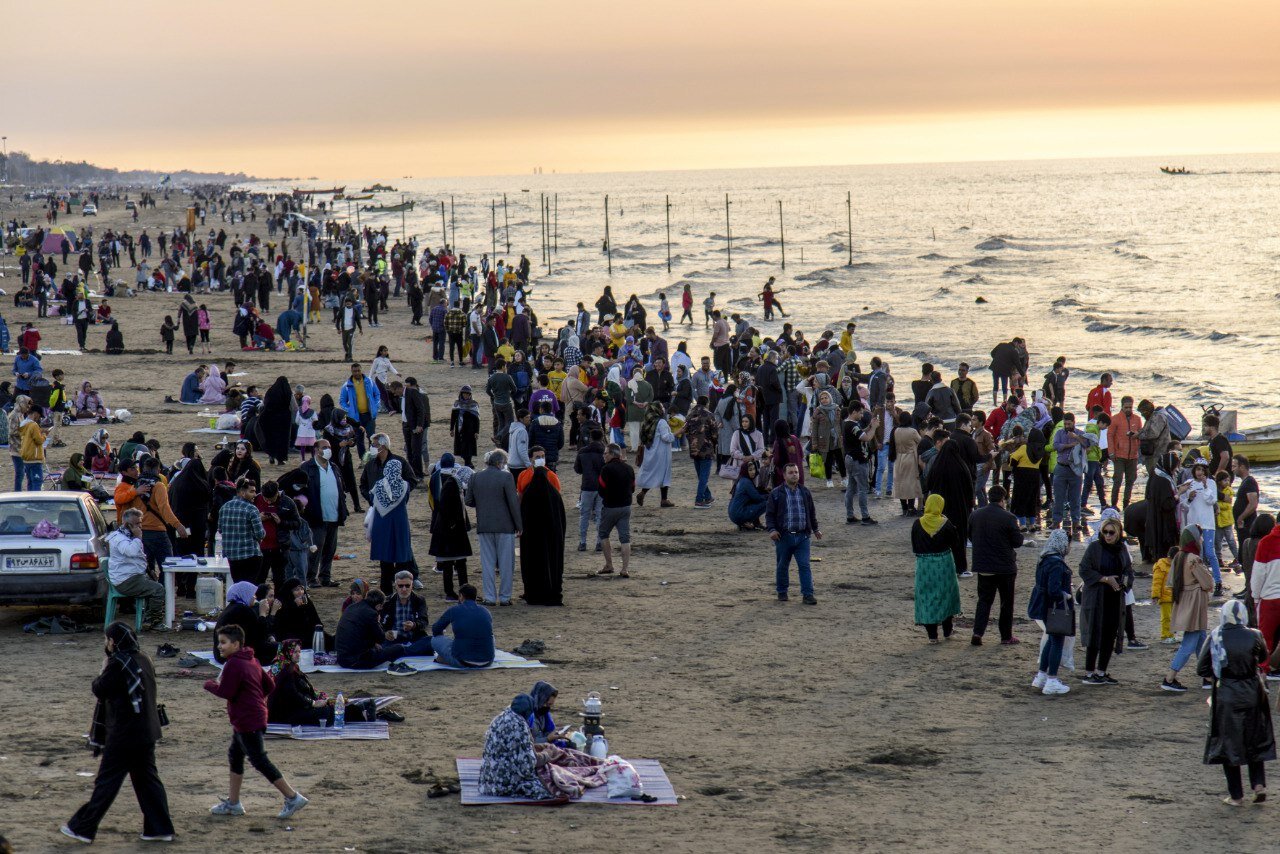Iranians preferred outing over unrest
Failure of the chaos revival plan

TEHRAN – In the run-up to the first anniversary of the death of Mahsa Amini, Western officials and their Farsi-language media outlets launched a concerted campaign to portray themselves as supporting the Iranian people.
But the truth is quite different.
U.S. President Joe Biden and his wife Jill Biden issued a formal statement a day before the anniversary to allegedly show their support for the Iranian people. Fudging the truth about Mahsa Amini’s death, the U.S. president and his wife wrote, “Today—as we remember Mahsa’s tragic death—we reaffirm our commitment to the courageous people of Iran who are carrying on her mission. They are inspiring the world with their resilience and resolve. And together with our allies and partners, we stand with them.”
Other Western leaders were keen to catch up, too.
German Chancellor Olaf Scholz shared a post reading, “Women, Life, Freedom,” on Instagram, a widely used slogan referring to the unrest that took place in the aftermath of the death of Mahsa Amini.
Concurrently, the U.S. and its Western allies slapped a new batch of sanctions targeting several Iranian officials and entities, including some Iranian news organizations, a move that runs counter to championing freedom of expression.
The Western superficial expressions of support for the Iranian people come at a time when their cruel economic sanctions target the very people of Iran. And that is not the side effect of sanctions. Rather, it’s the main purpose of sanctions.
Richard Nephew, a former U.S. official noted for his role in designing sanctions against Iran, has outlined how U.S. sanctions ended up imposing pain on the Iranian people in his seminal book, “The Art of Sanctions.”
Nephew contextualizes U.S. sanctions strategy within the concepts of pain and resolve, meaning that in the case of Iran, the U.S. inflicts economic pain on Iran in order to force it into changing its resolve vis-à-vis the U.S. But this pain is mostly applied to ordinary people in a bid to get them to revolt against the government.
This has exactly been the case with the U.S.'s Iran policy in recent years. In this context, the death of Mahsa Amini provided the West with a palpable catalyst. Since September 2022, the U.S. and its Western allies used everything in their power to pit a sanctions-weary Iranian population against their government. The monthslong Mahsa Amini unrest eventually faded away, but the Western determination to keep the embers of unrest burning is far from the end, with the first anniversary of the death of the Iranian girl being exploited to re-ignite the unrest.
But the response from the Iranian people was telling. While Western-based Farsi-language media outlets joined forces to prod Iranians back into the streets, Iranian people from all hues were ready to go out: but not for what the West hoped for. Rather for performing pilgrimage or simply lounging on the banks of rivers and seas.
Some estimates showed that more than eight million Iranians took advantage of the days-long public holiday to pay a visit to the shrine city of Mashhad, where the shrine of the eighth imam of the Twelver Shia is located.
Iran’s bucolic beaches of the north were a top destination, too. According to some estimates, about one million, mainly from Tehran, headed north at a time when they were supposed to provide catchy slogans and fantastic protest photos from Tehran for the Western mainstream media.
The much-vaunted anniversary protest wave turned out to be less than a bubble. It was much ado about nothing. At the end of the day, the Iranian people showed their contempt for any calls for unrest. It remains to be seen whether the West will discontinue its efforts to foment unrest in light of what happened on Saturday, or more exactly what has not happened.
A year into the death of Mahsa Amini, the Iranian people came to understand that those who inundated them with sanctions cannot be genuine supporters of freedom. The U.S. and its European allies have been the main reason why so many Iranian people are going through economic hardships. A growing number of Iranians are increasingly coming to the conclusion that the West has been exploiting their woes to achieve nefarious political gains.
Leave a Comment